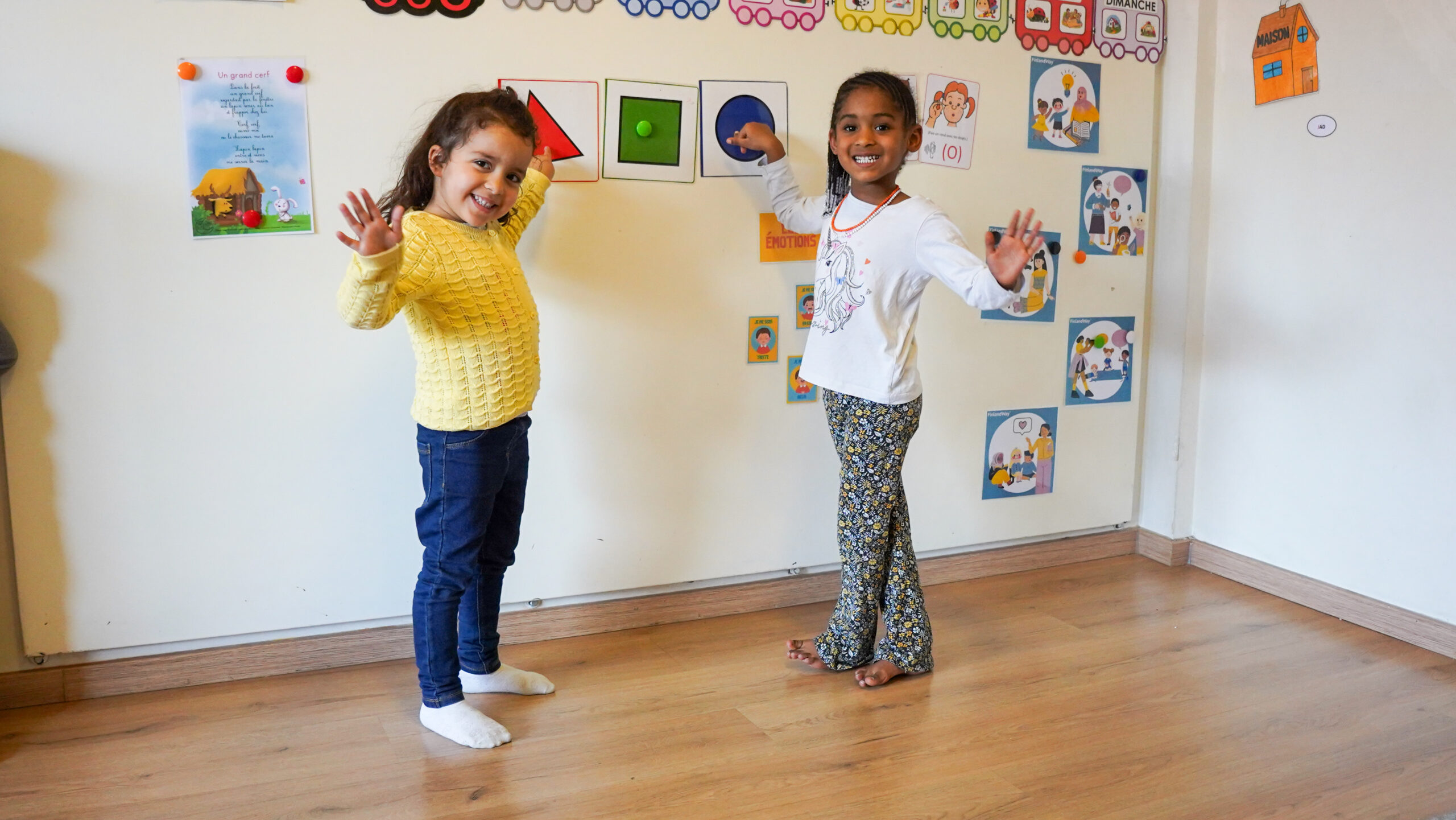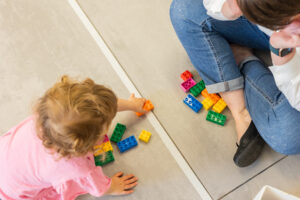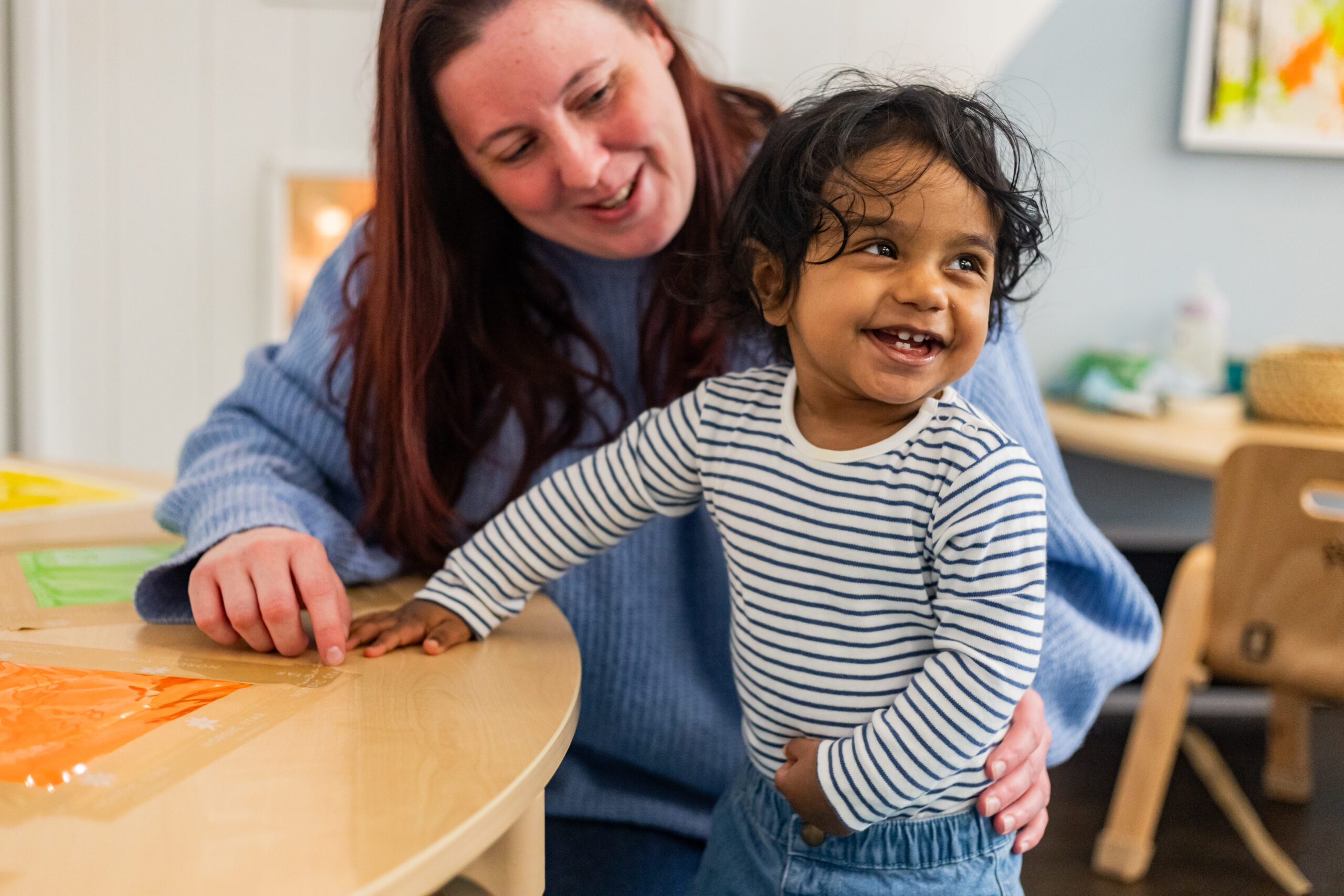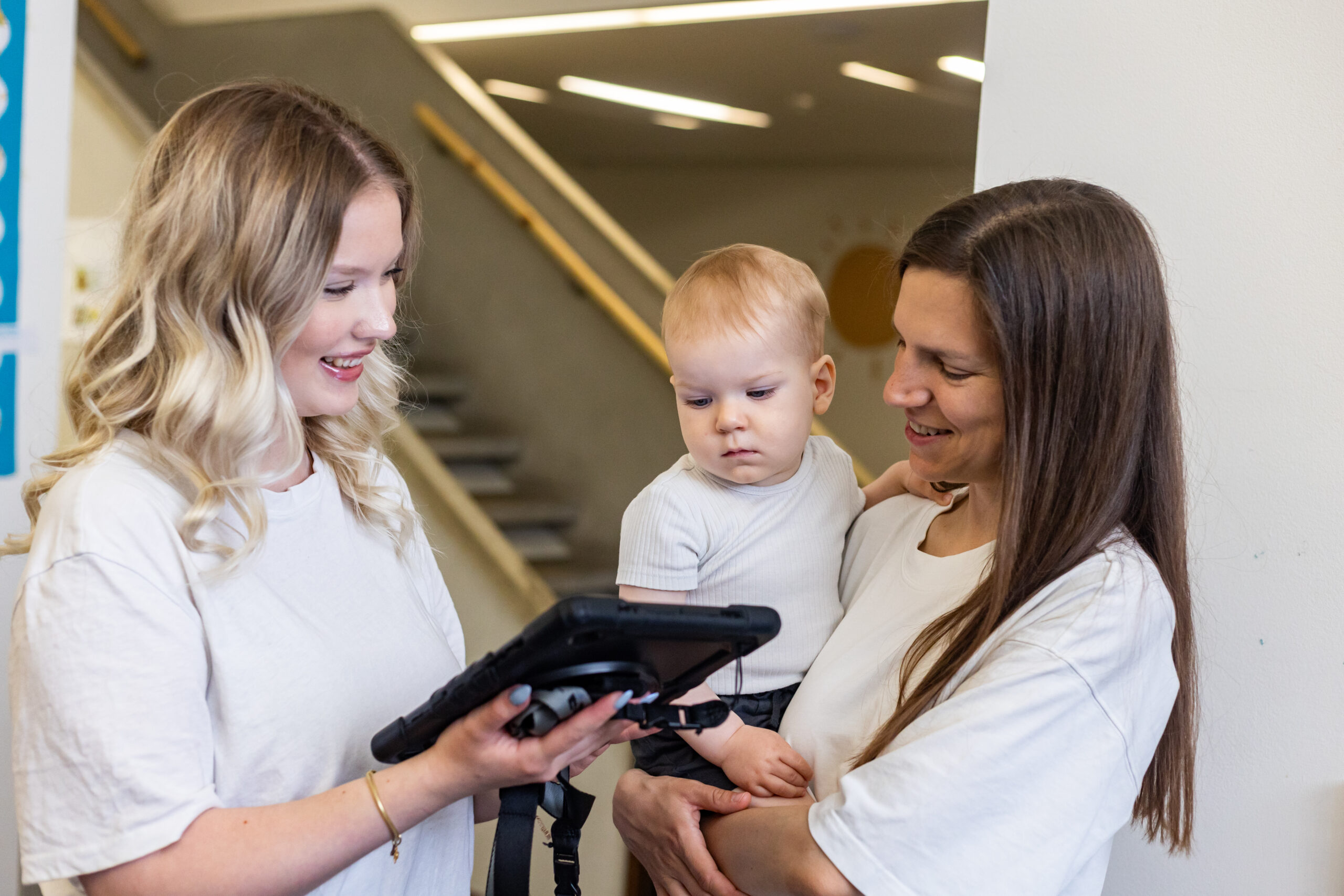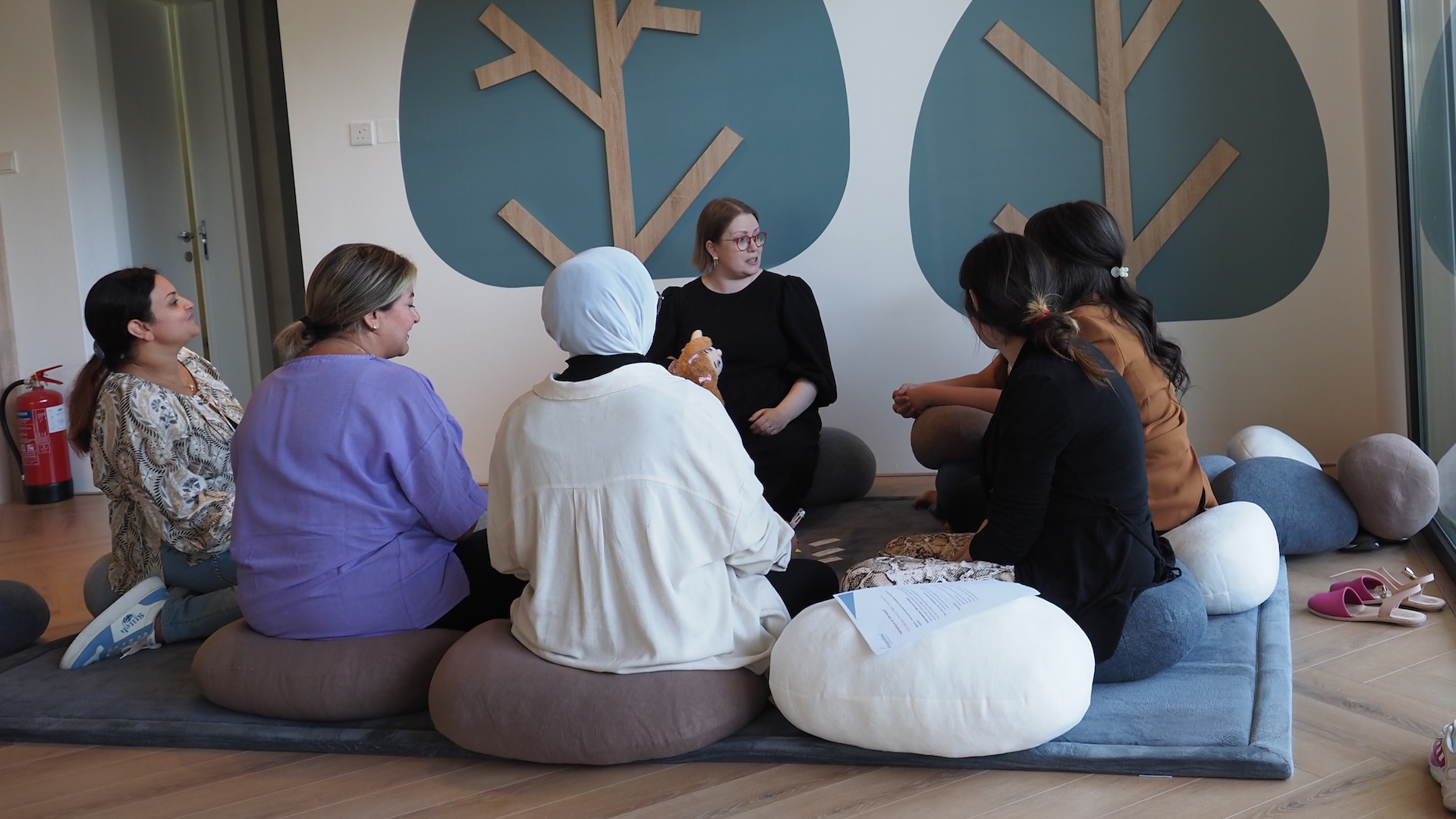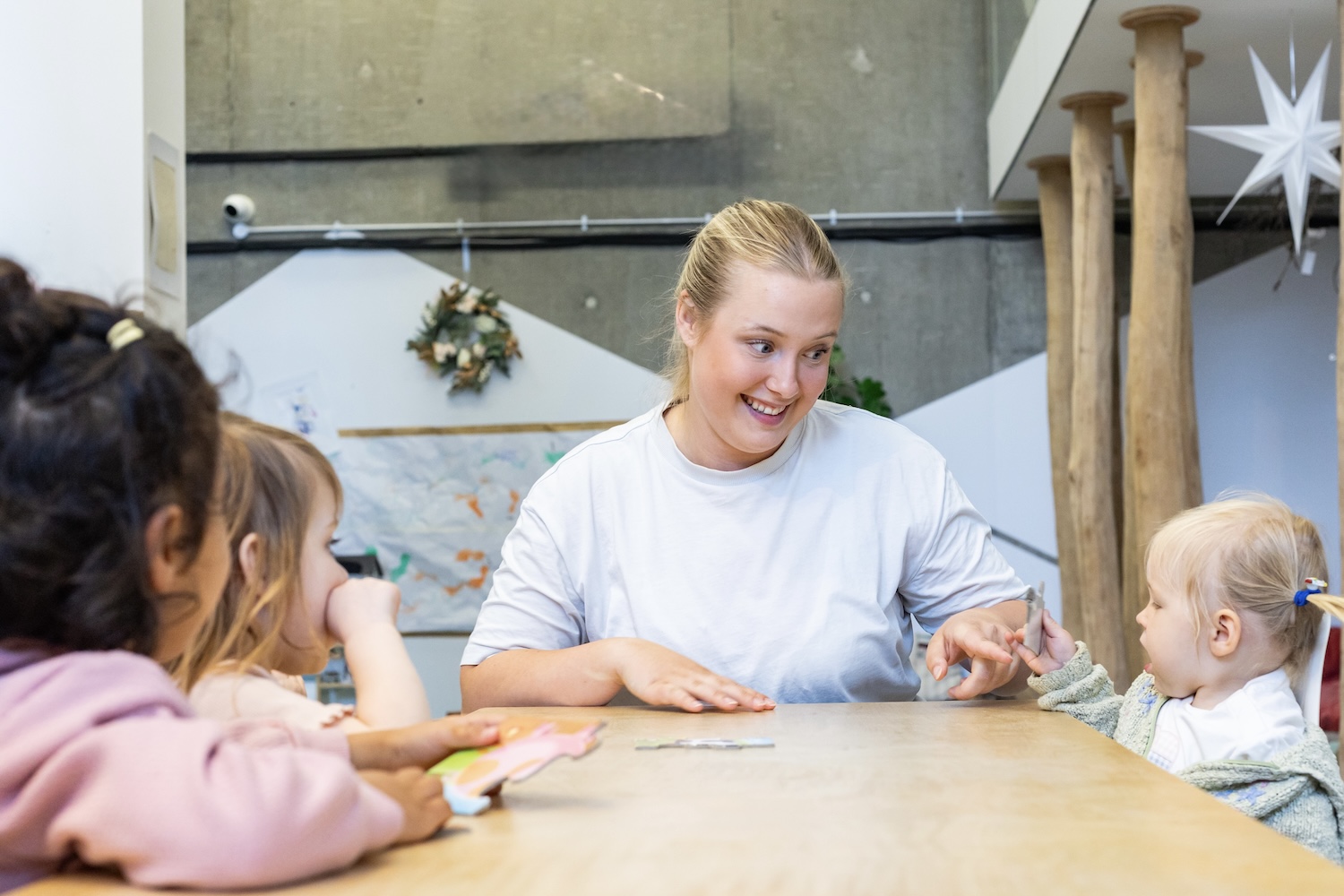For many young children, maths can feel like a big, intimidating subject. But when introduced in the right way, it becomes a world of fun, discovery, and confidence-building. Preschool activities that involve numbers, shapes, patterns, and measurements can help children develop a love for maths long before they enter formal schooling.
At FinlandWay® Schools, we believe early learning should be joyful, hands-on and full of meaning. Through interactive games and imaginative challenges, children develop not only key mathematical skills but also the confidence to use them in their everyday lives.
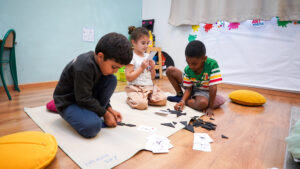
Why preschool activities are key to building maths confidence
The early learning advantage
During the preschool years (ages 3–6), children’s brains are developing at an incredible pace. Introducing maths concepts through preschool activities during this time can lay a strong foundation for problem-solving, logical thinking, and analytical skills.
Research shows that play-based approaches to learning mathematics lead to better understanding and longer-lasting knowledge than rote memorisation. Rather than simply telling a child, “this is the number five”, playful learning allows them to explore what five objects look and feel like, helping the concept become part of their everyday understanding.
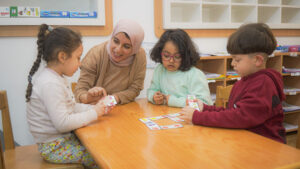
From numbers to confidence
When children have the chance to explore mathematics through play and everyday activities, they naturally develop important mathematical skills without even realising it. There is no sense of being tested, nor any pressure to complete formal tasks. Instead, learning becomes an enjoyable experience that nurtures their interest in mathematics.
By practising these skills in a familiar, natural environment, children grow more confident in their abilities. This self-assurance provides a strong foundation on which more complex mathematical understanding can be built in the future.
10 engaging preschool activities for maths success
Below are 10 simple activities that help children develop their maths skills, which can be enjoyed both at school and at home.
- Quantity Trap
A quantity trap helps children observe and compare amounts. These could be small objects or pictures in the environment whose numbers change over time. The adult’s role is to quietly add or remove objects or images to the environment without the children noticing at first. Children then observe the change and discuss whether there are more or fewer than before. This simple activity strengthens their awareness of quantities and develops their understanding of “more” and “less.”
Skills developed: Observation, comparing quantities, recognising change, understanding “more” and “less”, early number sense.
- Counting through songs and rhymes
With young children, mathematics can be introduced through songs and rhymes that involve counting, such as Five Little Monkeys or One Little Elephant. To support the song or rhyme, you can use objects or pictures that are counted as the verses progress. Practising mathematics in this way helps children develop rote counting skills and expand their number vocabulary.
Skills developed: Rote counting, number vocabulary, sequencing, memory, one-to-one correspondence.
- Building with blocks
When building with blocks, children practise observation and problem-solving skills as they create towers and other structures. They compare the sizes and shapes of blocks and think about how to arrange them to make a stable and successful construction. Block play can also involve counting the number of blocks used or comparing the heights of towers. In addition, children explore different 3D shapes and may sort the blocks by colour, shape, or size.
Skills developed: Spatial reasoning, problem-solving, comparing sizes, recognising 3D shapes, sorting, counting.
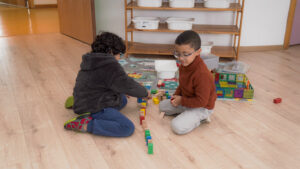
- Playing board games
Playing a variety of board games helps children practise counting, one-to-one correspondence, and reasoning and problem-solving skills. Through gameplay, they observe and count the number shown on a die, move the corresponding number of steps on the board, and may also keep track of points. Board games support children in understanding quantities and their relationships.
Skills developed: Counting, one-to-one correspondence, turn-taking, reasoning, problem-solving, understanding quantity.
- Pretend play – shop
When children play shop, they practise a wide range of mathematical skills. The play might begin with counting the items for sale, making price tags, and preparing play money. As the game continues, children learn to use money by counting the correct amount to match a price. If a shopkeeper receives too much money from a customer, they must work out the correct change. Through shop play, children explore quantities, addition and subtraction, one-to-one correspondence, and recognise numerical symbols.
Skills developed: Counting, addition, subtraction, money handling, recognising numbers, problem-solving, understanding value.
- Math walk
You can take children outdoors for a “math walk.” While outside, they might spot different shapes in road signs, compare the sizes of cars, buildings, or trees, count colours, or look for familiar numbers on vehicle registration plates. They can also collect sticks, stones, or leaves to count, sort, and arrange into patterns.
Skills developed: Shape recognition, comparing sizes, counting, sorting, pattern-making, number recognition.
- Cooking and baking
Involving children in cooking or baking allows them to practise a variety of mathematical skills alongside important life skills. While baking, they measure ingredients and follow instructions, encountering numbers in recipes and on measuring cups. During food preparation, such as chopping vegetables, they can count how many pieces each vegetable is cut into, or, when serving, work out how many meatballs each family member will have.
Skills developed: Measuring, counting, division, following instructions, recognising numbers, estimation.
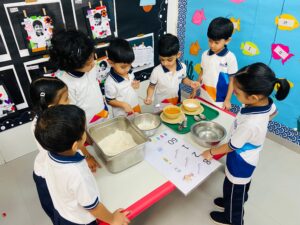
- Interactive storytime
When reading picture books, an adult can occasionally pause the story to draw the child’s attention to the illustrations. Together, they can look for shapes or numbers, count the quantities of different items, or compare the sizes of objects in the pictures. This way, the child develops both language and early mathematical skills.
Skills developed: Counting, shape recognition, comparing sizes, observation, number recognition, language development.
- Counting while playing with toys
You can help a child practise maths skills while they enjoy their favourite games. For example, when playing with toy cars or animals, you might count them together, sort them into groups, or arrange them in size or colour order. You can also turn play into a simple challenge by using the toys for small addition or subtraction problems.
Skills developed: Counting, sorting, comparing, addition, subtraction, grouping, pattern recognition.
- Using a calendar
You can start using a calendar with a child even at a young age. Explore the numbers together, talk about the year and the number of months, and mark important events. You can then count the days left until each event. Through this, the child practises recognising numbers, develops counting skills, and begins to understand the passing of time.
Skills developed: Number recognition, counting, sequencing, understanding time concepts, planning skills.
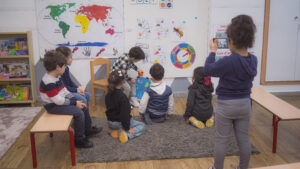
How finlandWay® makes maths fun
At FinlandWay® Schools, we blend academic growth with emotional well-being. Our preschool activities are designed to be creative, child-led, and rooted in real-world exploration. We use play to connect maths to everyday life. Mathematical practice is integrated into our daily lesson plans through a variety of songs, rhymes, and play-based activities, ensuring children encounter maths in engaging and meaningful ways every day.
Additional resources on preschool activities
If you’d like to explore more ideas, here are some excellent resources:
FAQs about preschool activities for maths
Q1: What age should children start learning maths?
From as early as 1-2 years old, children can begin developing basic maths skills through playful activities.
Q2: Can parents do these preschool activities at home?
Absolutely — most require everyday items and a little creativity.
Q3: How often should maths activities be done in preschool?
Ideally, incorporate maths into daily play rather than limiting it to formal lessons.
Q4: What if a child struggles with maths confidence?
Focus on fun, hands-on experiences and praise effort over perfection.
Conclusion
Maths doesn’t have to be scary. With the right preschool activities, children can develop essential skills while enjoying every step of the journey. At FinlandWay® Schools, we turn learning into an adventure — one number, shape, and pattern at a time.
